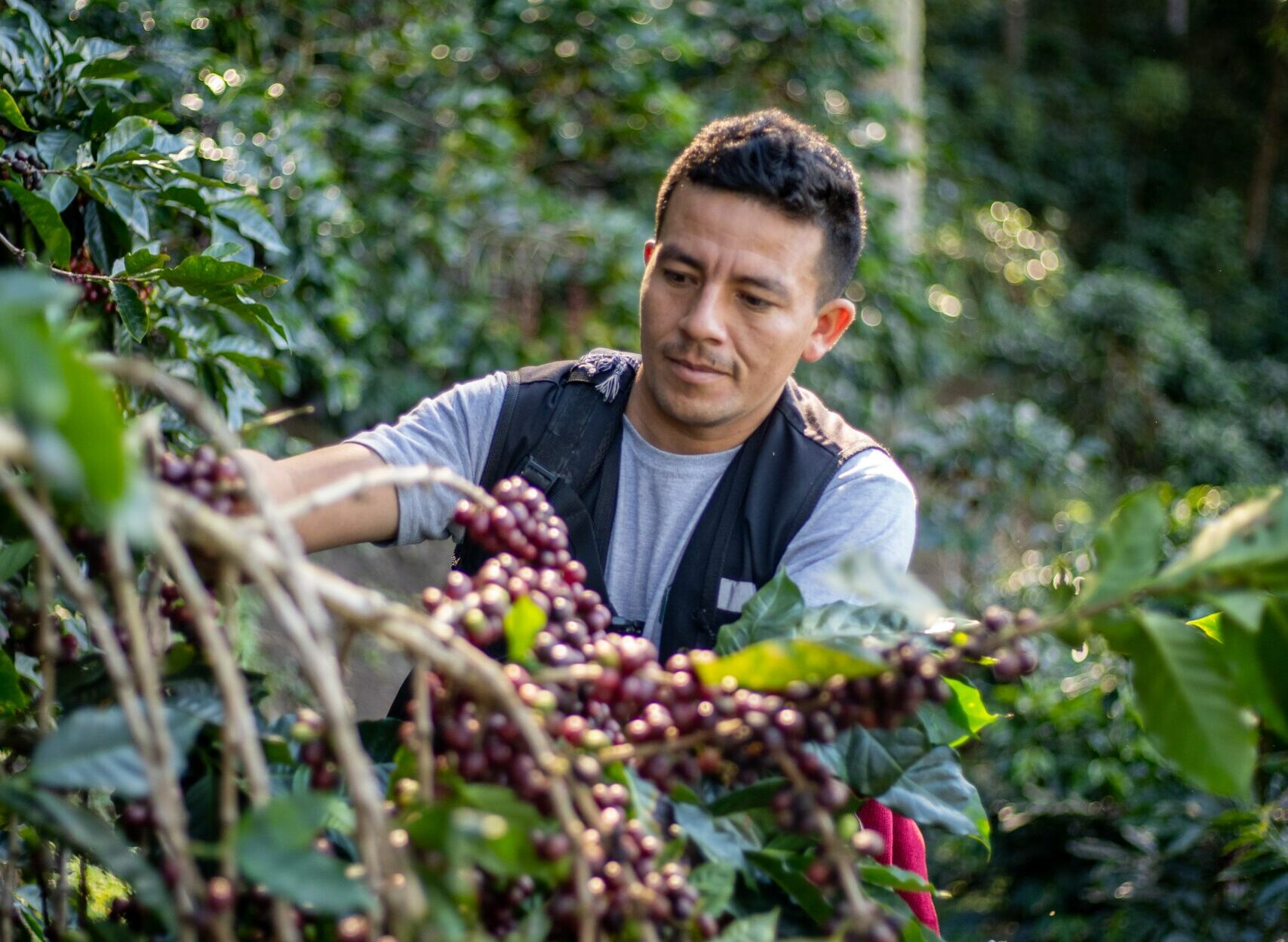

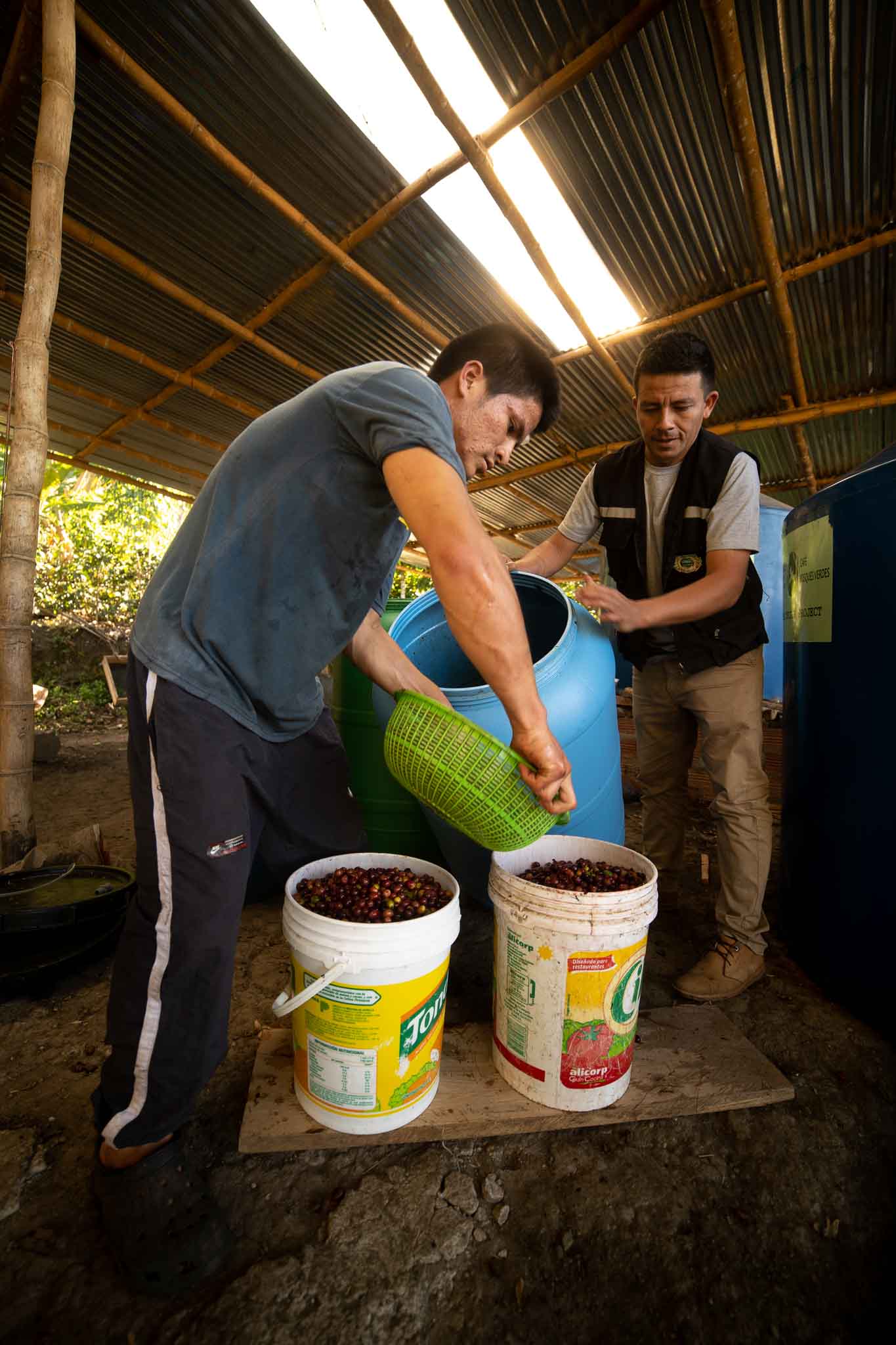

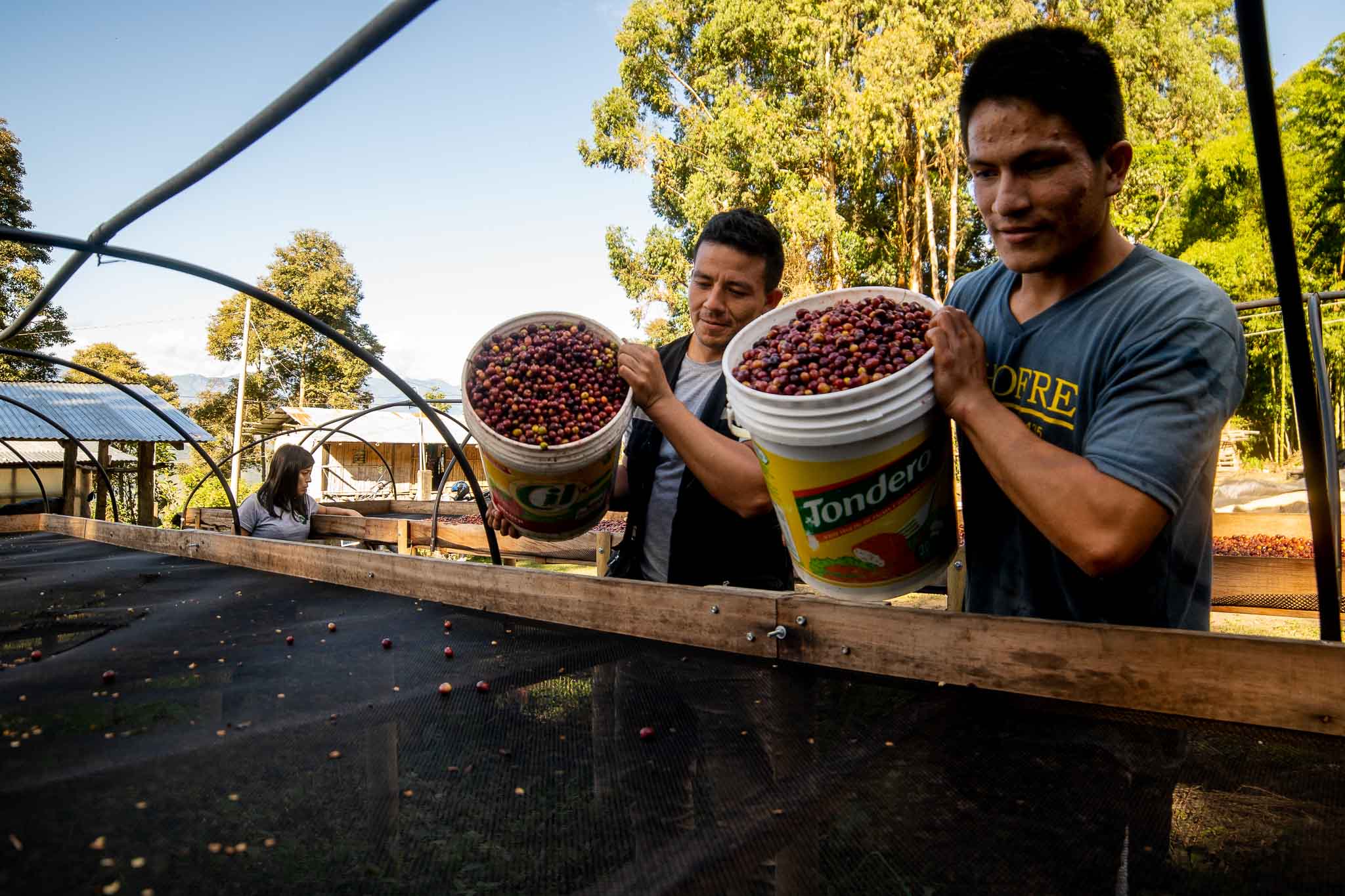
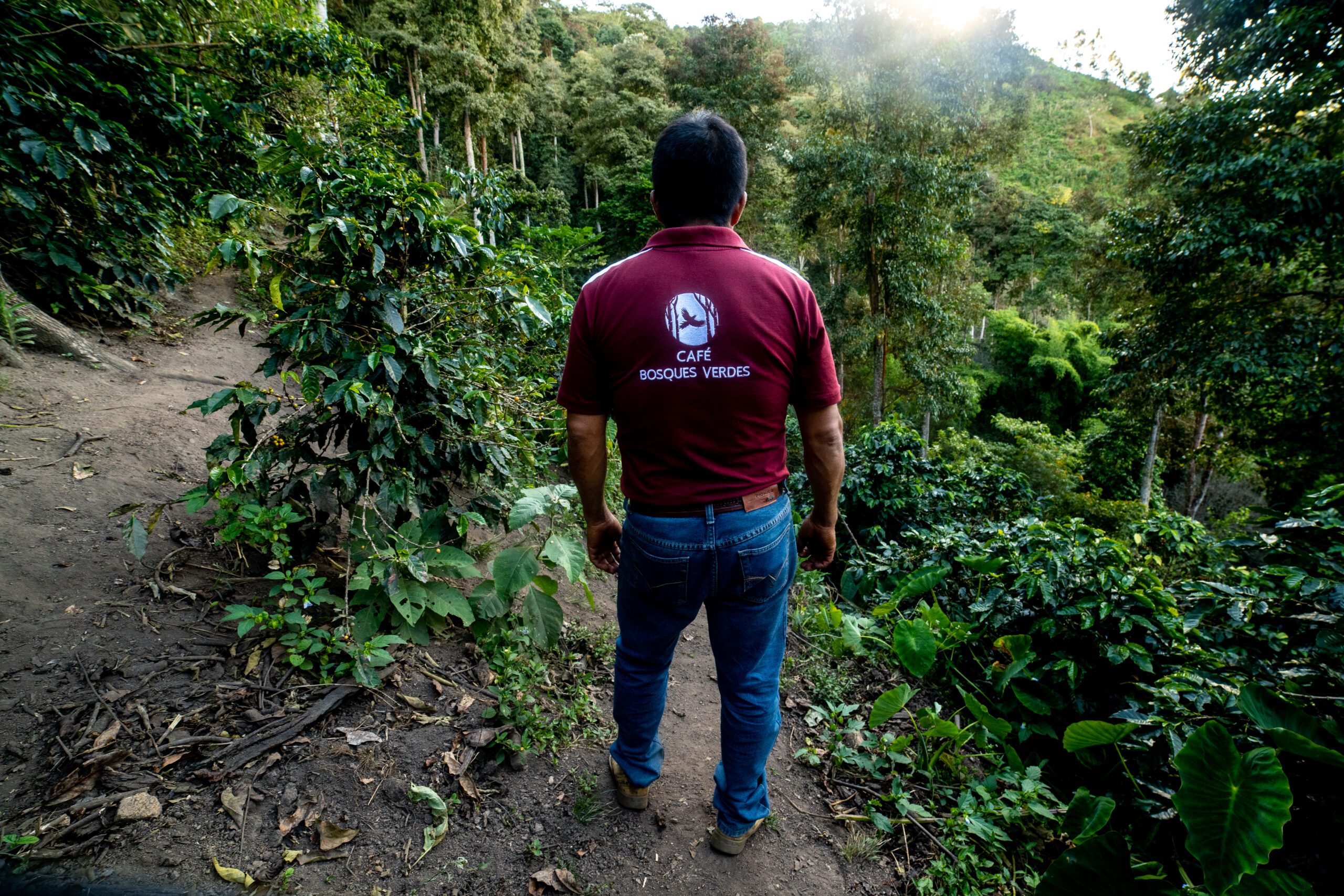
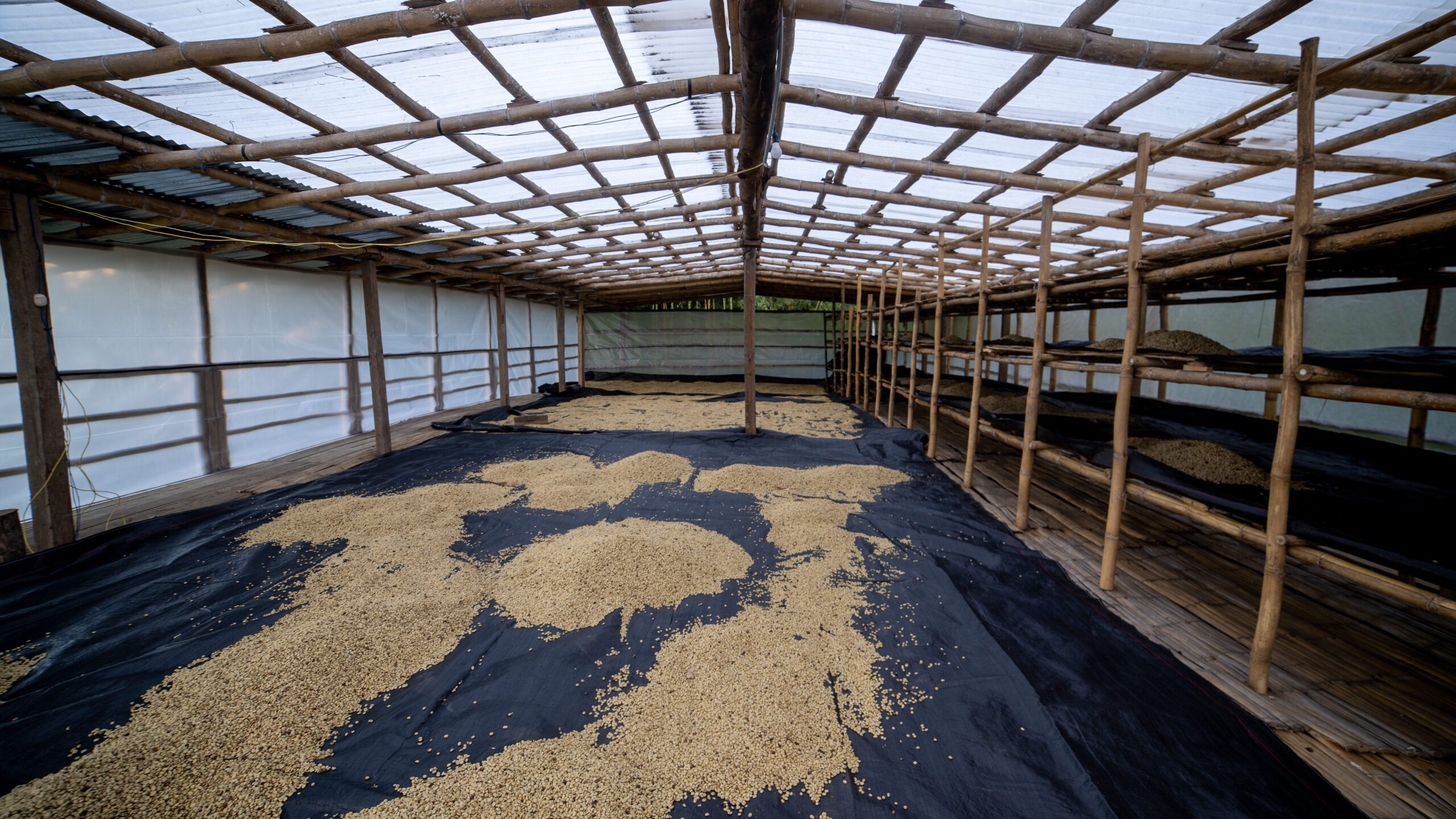

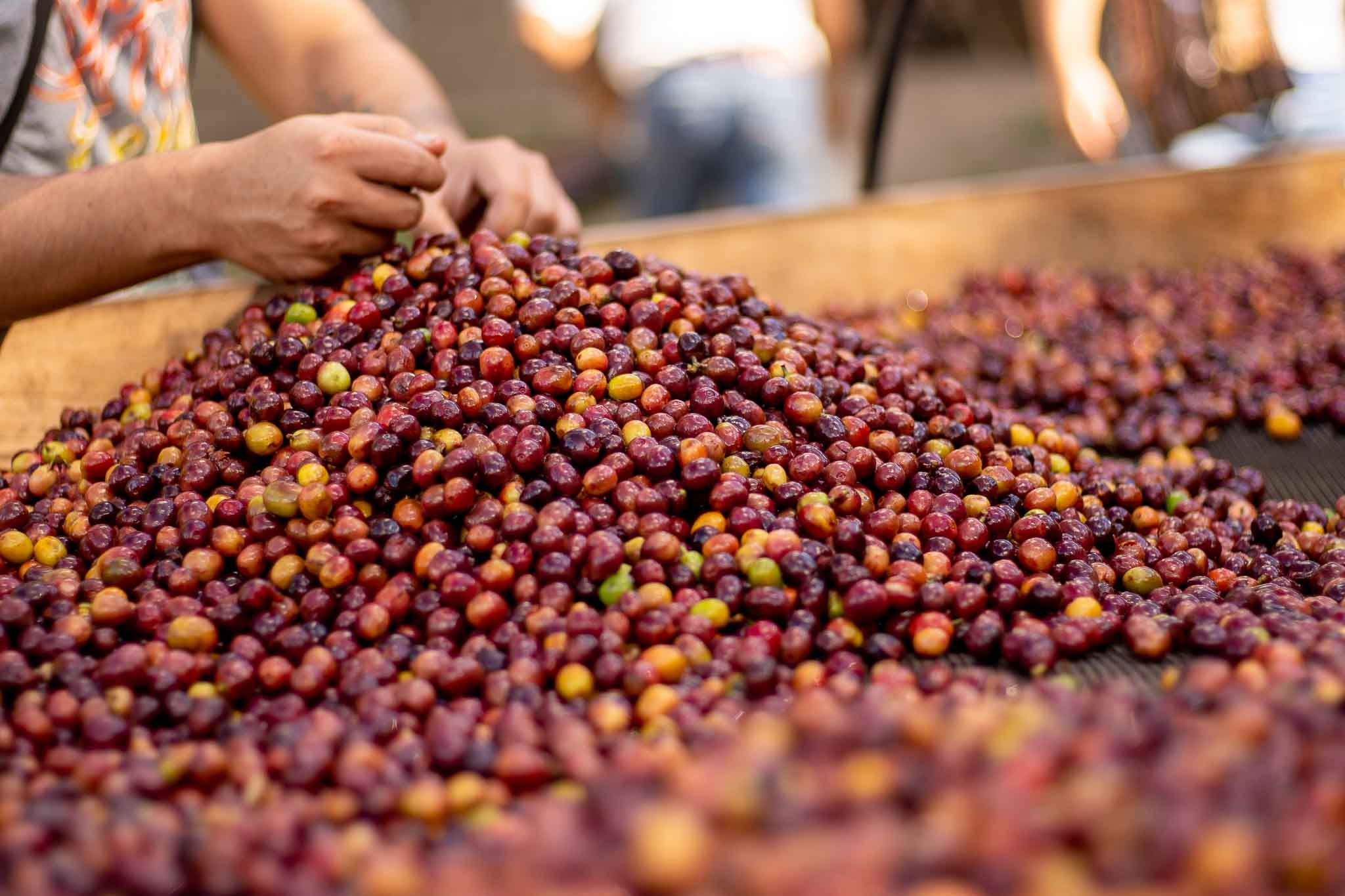

BOSQUE VERDES UPDATE: A STORY OF COFFEE PROGRESSION




It’s no secret that Zest has a soft spot for Peru and its unique coffee produce. In particular, our friends from Bosque Verdes, Northern Peru, hold a special place in our hearts. After working directly with this community of 240+ family farms for more than three years, we’ve been able to develop some very special coffees and some even more special friends. Previous years have seen members from our team personally visit the farm and achieve some amazing things by experimenting with coffee processing techniques. A particular lot that comes to mind was a natural process 90-hour low oxygen fermentation lot that scored a whopping 89 points! Unfortunately due to COVID, we have been unable to visit the farm ourselves, so we’ve had to take a more ‘virtual’ approach, guiding the participating farmers through the steps to process and produce what we hope to be another season of high scoring, delicious micro-lots!
It’s been a particularly tumultuous time for the coffee industry and none have been left more exposed than the coffee farming community. So we thought it fit to check in with our friends from Bosque Verdes. As cheerful as ever, the team caught up with us to share the difficulties surrounding these past two harvests and the opportunities that they hope to see open up in the future. Alfredo, the Head Environmental Engineer from Bosque Verdes, was kind enough to answer some of our questions, and give us a real insight as to what has been going on in the coffee world in Peru.
Here it is from Alfredo himself. Enjoy an honest and open insight into the realities of life as a coffee farmer in Peru.
How are producers reacting to different coffee processing methods? Are they interested in trying the tanks and processing the coffee in a different way?
Our producers are enthusiastic about the new processes that we have been working on since they are giving good results. Temporarily the producers have managed to do the fermentation procedure in GrainPro bags, with the same amount of fermentation hours, but they request that we continue supporting them by providing them with fermentation tanks so that they can carry out the process properly and keep improving the quality of the cup.
How was the project at Finca Nolasco? Did you enjoy the process?
It was carried out successfully, achieving good physical and organoleptic results. Both the producers and workers enjoyed the processes, as shown in the photos sent. Tired days but very satisfactory for all to learn and share the processes to relatives and members of the cooperative. Bosques Verdes also carried out these processes in their respective productive units, giving good results in cup quality.
How has your role changed/evolved in Bosques Verdes in recent years?
Years prior to 2018, we had no knowledge of anaerobic fermentations and we had low cup scores. Thanks to the visit and knowledge shared by Zest Coffee in 2018 we have improved the quality of the cup and producers are very happy and committed to continuing on carrying out these processes as it is generating better economic income.
What is your goal in the next five years, where would you like to be as a company?
Our goal as a company is to continue training producers on these fermentation processes and new processes in order to continue to make specialty coffees with a good cup score, that sell at a good price and improve their quality of life.
As a company, we see ourselves in the future growing more to be able to offer a greater volume of special lots and to be able to export, more of these fermentation process coffees.
How are your family/friends coping with the current COVID situation?
Currently, in the San Ignacio area, the vaccination rate is at around 60%, with many of the producers of Bosques Verdes and their families already vaccinated. Thanks to the vaccine most producers have been able to come to the cooperative to deliver their coffee without any inconvenience.
Likewise, I have gone out to the field to train in the fermentation processes and they have received us without inconvenience in their homes. They have been very grateful because now they have learned how to produce special coffees, whereas before they did not get that quality.
Now, they are very interested in continuing to train so that they continue to make specialty coffees.